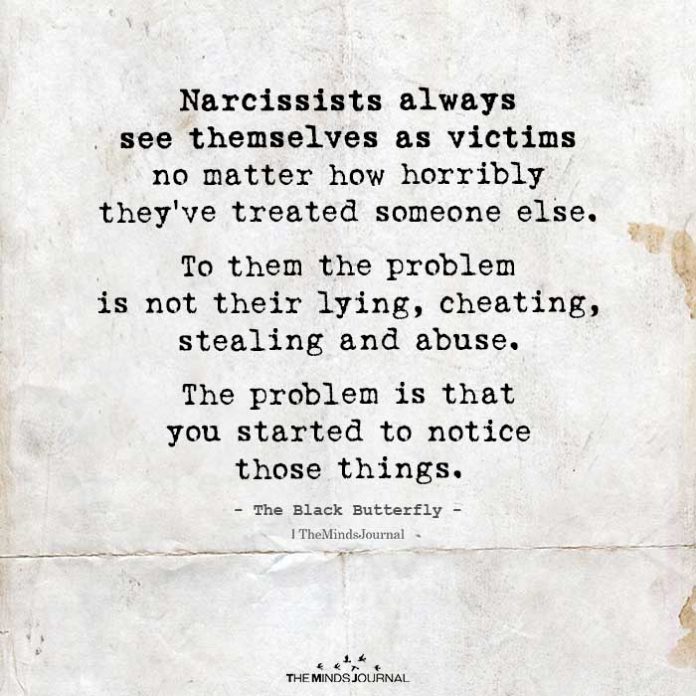Are you in one of those toxic relationships, where your partner blames you all the time, and even for things that are not at all your fault? Well then, chances are you are dating a hijackal.
“It’s all your fault!” No matter what is happening you hear “It’s all your fault.” Even, if you weren’t there, it’s somehow all your fault.
Maybe, it is. Maybe, you are absolutely incompetent, incapable, and unworthy in every way. But, it’s not likely all your fault.
For one thing, you would never have opened this post if it really was all your fault!
When someone blames you for everything–the things that could be your fault and all the things that are their fault, too–you begin to expect to be blamed. Then, you move on to actually believing you are that messed up person that s/he says you are. And, that’s not true. It is NOT true.
Many of these people who are continuous fault-finders have Hijackal behaviors that include blaming everyone. I coined the term “Hijackal™” to keep everyone away from using clinical terms for things they are unfamiliar with. That’s dangerous.
Hijackals are people who hijack relationships, for their own purposes, while relentlessly scavenging them for power, status, and control.
Does that sound like the person who’s blaming you all the time?
So why is your partner–or parent–a “blame machine?”
There are two big reasons that Hijackals blame so readily.
Here Is Why Your Partner Blames You Even When It’s Not Your Fault
1) Hijackals actually lack self-awareness.
They behave in ways that are socially inappropriate–even self-defeating–but they don’t know that. They are unconscious of it. It’s all they know to do. This doesn’t excuse their behavior, but it does explain their behavior.
When they were little, they had people or circumstances in their lives that caused them to create these coping behaviors in order to survive emotionally. In some cases, it was also in order to survive physically. They often began solidifying these behaviors before they even had language. Instinctively, they figured out how to manage…in unhealthy ways, but enough to seem to keep themselves safe.
You can have compassion for them. It’s not something they chose to live from, or even now, actively choose to behave from. It’s all they know.
HOWEVER, have compassion for them, BUT do not condone or enable their behaviors. That’s where your learning lies: in how to do that while restoring yourself to emotional health, too.
Related: 5 Types of Narcissistic Blame Shifting
2) Hijackals lack adaptation.
They lack the ability–and the willingness–to see their behaviors, AND the ability to change them. They can only operate from their side: what’s in it for me. First, it’s very difficult to change a behavior that you will not allow yourself to think about for a nanosecond that you have…especially one that is distressing to another person. So, it must be that other person’s fault!
Hijackers lack empathy. They know about it, and they’ll mimic it when they really want something from you. But, they don’t have genuine empathy: the ability to put themselves in another’s shoes and have a sense of what they are feeling.
Whew! You might have thought that your Hijackal was stubborn and unwilling to see what you’re on about it. It’s true, AND, they don’t have the ability to feel what that might be like for you. Couple that with their lack of self-awareness, and now you have the equation.
Everything that happens must be your fault because they are incapable of making–and therefore, incapable of owning–a mistake. It would devastate them to the core to consider that was possible. And, because of that, it’s you at fault…of course!

What’s next once you realize this?
It’s up to you. When you work with me, our first step is to help you get some emotional distance and perspective to see yourself and the relationship with the Hijackal differently and clearly. You move through learning about yourself first. When that is working well, I guide you to use strategies that are most likely to work with your particular Hijackal. You practice those and we tweak them to see what changes are possible. Once that’s done, you are ready to make decisions about your relationship.
So, if you’re hearing “It’s all your fault,” and hearing “It’s all your fault” once more is going to push you over the edge, it’s time for something different. Learn how to respond effectively to “It’s all your fault” once and for all.
Related: Beware Of Projection: A Blame-Shifting Tactic Of The Extreme Narcissist
Start by joining my Closed Facebook group, Optimize Life! It’s so important for you to know you’re not alone, and you’ll see members from all corners of the globe experiencing just what you’re experiencing.
Let’s talk soon.
© Rhoberta Shaler, PhD, The Relationship Help Doctor
Originally appeared on Forrelationship.com











Leave a Reply